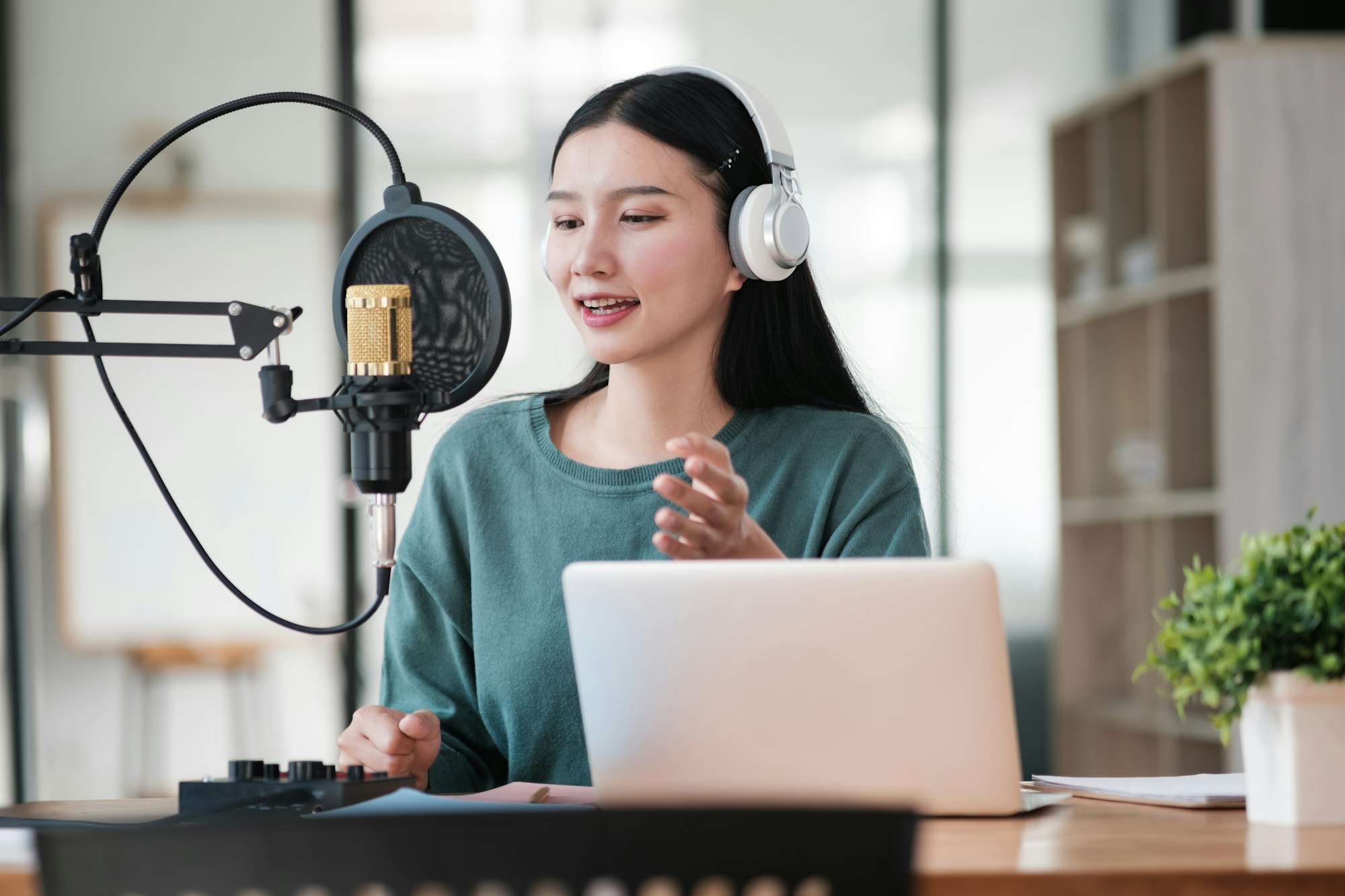New Allegations of Voice Theft by Tech Company Lovo
In June 2023, voice-over artists Paul Skye Lehrman and Linnea Sage faced an unsettling revelation when they heard Lehrman’s voice on a podcast, used by a chatbot without their permission. This led them to take legal action against Lovo, a tech company accused of illegally cloning their voices and profiting from them. They claim that Lovo captured their voices without their consent, using them in ways they never agreed to.

How Were the Voices Cloned?
The situation began when Lehrman and Sage were hired via Fiverr, a platform for freelance services, to record audio clips. They believed they were providing content for benign radio scripts intended for research. However, they later discovered that Lovo employees, masquerading as regular clients, used these recordings to create AI-generated versions of their voices. Lovo’s technology, as stated by their co-founder, can replicate a person’s voice from just 50 sentences, including all its unique characteristics like tone and accent.
Legal Stakes and Rights of Publicity
The heart of the lawsuit is the violation of the rights of publicity, which protects individuals from unauthorized commercial use of their image or voice. The case also examines whether Lovo breached the terms of the original agreement by using the voices for purposes not initially permitted. Lehrman and Sage argue that their voices were exploited beyond the agreed terms.
Broader Implications for Creatives in the AI Era
This legal challenge against Lovo underscores a larger concern among artists and creatives about AI technology’s potential to infringe on their intellectual property. With AI capabilities growing, the risk of unauthorized replication and use of creative works is a pressing issue. This lawsuit serves as a pivotal example of how laws might need to adapt to safeguard creative rights against the advances of AI technology.
Explore the unfolding drama of AI voice cloning as voice-over artists challenge the misuse of their voices, highlighting critical questions about intellectual property and the preservation of creative integrity in the digital age.

Frequently Asked Questions (FAQ)
1. What is AI voice cloning, and why is it controversial?
AI voice cloning is a technology that can replicate a person’s voice using artificial intelligence, often requiring only a small amount of audio input. The controversy arises when this technology is used without the consent of the original voice owner, leading to potential misuse for commercial purposes, as seen in the lawsuit against Lovo.
2. What are “rights of publicity,” and how do they relate to this case?
Rights of publicity are legal protections that prevent unauthorized commercial use of an individual’s likeness, image, or voice. In the case against Lovo, the voice-over artists allege that their rights of publicity were violated when their voices were cloned and used for profit without their permission.
3. What are the broader implications of this lawsuit for artists and creatives?
This lawsuit highlights growing concerns about how AI technology might infringe on the intellectual property rights of artists and creatives. As AI continues to advance, there is an increasing risk of unauthorized replication and use of creative works, making it essential for laws to adapt and protect creative professionals in the digital era.
Sources BBC


